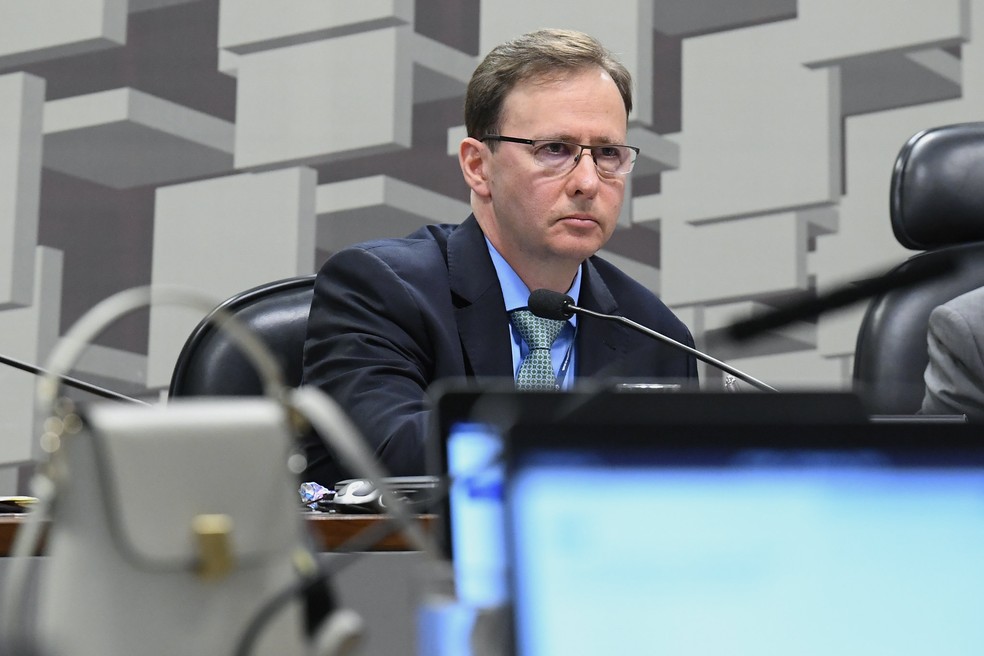RIO DE JANEIRO, BRAZIL – The Central Bank does not expect a “second wave” of the novel coronavirus pandemic to occur in the country, Fabio Kanczuk, the Central Bank’s director of economic policy, said yesterday during an online seminar promoted by the Association of Banks in the State of Rio de Janeiro (ABERJ).
“In our basic scenario, there is no second wave of the virus, which is the main current threat in developed countries. When it seemed that the pandemic was over, the reopening came and the isolation measures returned. This is the big issue today in the United States and Europe. Our scenario here is for things to bounce back without a new wave.”
According to Kanczuk, despite this perspective, the institution is considering alternative scenarios, based on what has been occurring in other countries. The director said that should a second wave occur, other measures will be taken regarding the economy, such as a new credit extension.

“Our role is to act. We are sure that, depending on the path, should a second wave occur, we will go with it all again. We are ready to act once again and take new credit extension measures. But it’s a little more reactive than proactive. That’s our role. That’s how we see our work,” he said.
Rebound
On the economic rebound, Kanczuk said there are several indicators, which could occur in the V shape, where after a deep downturn the rebound starts at the same pace as it dropped. There is also the U-shaped representation, when the rebound is not as fast and also the W-shaped, where there are two downturns with two rebounds.
The director stressed that, during economic crises, the banking system needs to provide solutions and rebuild itself, as in the United States, but said that here the situation may be different in this respect because the Brazilian banking system is solid and reacted well in the 2008 and 2009 economic crises.
“In the United States, the banking system is going to have to rebuild itself, it’s not going to be fast, there’s a whole study of how financial crises resemble a U rather than a V,” he said.
In Brazil’s case, the director believes the economy can rebound at U speed. He ruled out the prospect of a V, with a faster rebound, because there are sectors unable to recover due to social isolation. In the absence of a letter, the symbol used by economists resembles a swoosh. “It looks like the Nike symbol, but it’s a little different. It’s something like that. It rebounds, it’s not a U, but it starts to lose a bit of momentum because some sectors are unable to return.”
Retail and industry
In this pandemic period, online shopping and the turnover generated as a result of government programs favored retail and industry sectors, according to Kanczuk. But other sectors failed to react quickly enough, such as family services, hairdressing and cleaning, for instance. “They don’t bounce back as strongly and become somewhat dependent on the pandemic, on when it’s going to end”.
For Kanczuk, data such as the Monthly Service Survey (PMS), released on Thursday by the Brazilian Institute of Geography and Statistics (IBGE), have shown this. “It came as no surprise. It was more or less what everyone expected.”
Autonomy
In his presentation, the director said that the Central Bank’s autonomy attracts more foreign investors who know little about Brazil. “My feeling is that Brazilians do not see any difference, but someone who knows a lot less about Brazil, and wants to know where to invest his money, looks at the country and sees that it has an independent central bank, which is a proper institution,” he said.
He also said the ABERJ stands as the formal class organization representing the financial system, founded by the banks, and that its main goal is technical improvement, “a responsibility that envelops its socioeconomic, political and cultural personality.”
Source: Agência Brasil

